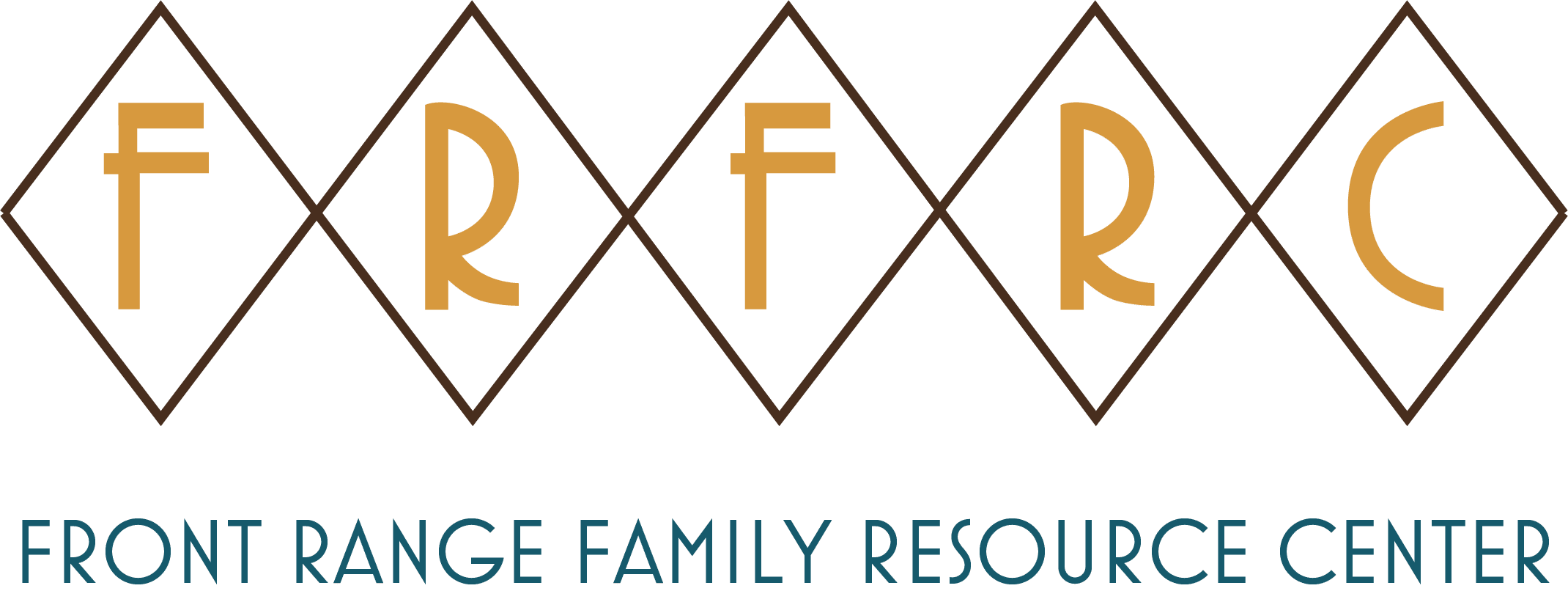When You Can’t Think Your Way Out of It
You’ve talked about it. You’ve analyzed it. Maybe you’ve even worked through the story a dozen times in therapy. And yet—your body still reacts. This is because trauma stays in the body if you do not address the trauma.
Your heart races when there’s no danger. You flinch at loud sounds. You freeze in moments that should feel safe. You snap at people you love and don’t know why.
That’s because trauma lives in the body, not just the mind.
At Front Range FRC in Wheat Ridge, CO, we help trauma survivors reconnect with their bodies—not to relive their pain, but to finally release it.
The Refusal: “I’ve Already Dealt With This”
Many people believe once they’ve talked through their trauma, the work is done. And when symptoms persist, they assume something must be wrong with them.
But trauma isn’t just stored in memory—it’s stored in muscle tension, breath patterns, posture, and reflexes. It’s in the nervous system, repeating old danger signals long after the danger is gone.
This is the refusal phase of the healing journey—the belief that logic should be enough. But it’s not. Because healing trauma means learning a new language: the language of the body.
How Trauma Embeds Itself in the Body
Whether the trauma came from war, abuse, betrayal, or chronic stress, the body adapts in real-time to protect you. Your nervous system goes into fight, flight, freeze, or fawn mode—and it can stay stuck there for years.
Even after your mind forgets, your body remembers.
You may carry tightness in your shoulders or gut. You might feel disconnected from your own skin. You may feel jumpy, fatigued, or like your emotions are “too much” or “completely gone.”
This isn’t dysfunction—it’s survival. But now, it’s time to shift from surviving to living.
Why Body-Based Healing Is Essential
When trauma recovery includes the body, the transformation is deeper and longer-lasting. Somatic therapy, breathwork, grounding exercises, and movement-based healing allow you to regulate your nervous system—not just retell your story.
This is especially important for veterans and trauma survivors who may struggle to even feel safe in their own skin.
At Front Range FRC, we integrate somatic and talk therapy, helping you release stored trauma gently and at your own pace.
You Are More Than Your Trauma Response
The flinches, the shutdowns, the racing thoughts—those aren’t who you are. They’re the body’s best attempt at protection.
When we bring compassion and curiosity to those responses, something powerful happens: the body starts to trust safety again. And you begin to feel more grounded, more connected, and more you.
To learn more about trauma and the body from leading theorist at Harvard, click this link.
Contact us today to learn how to shift from trauma to health.
